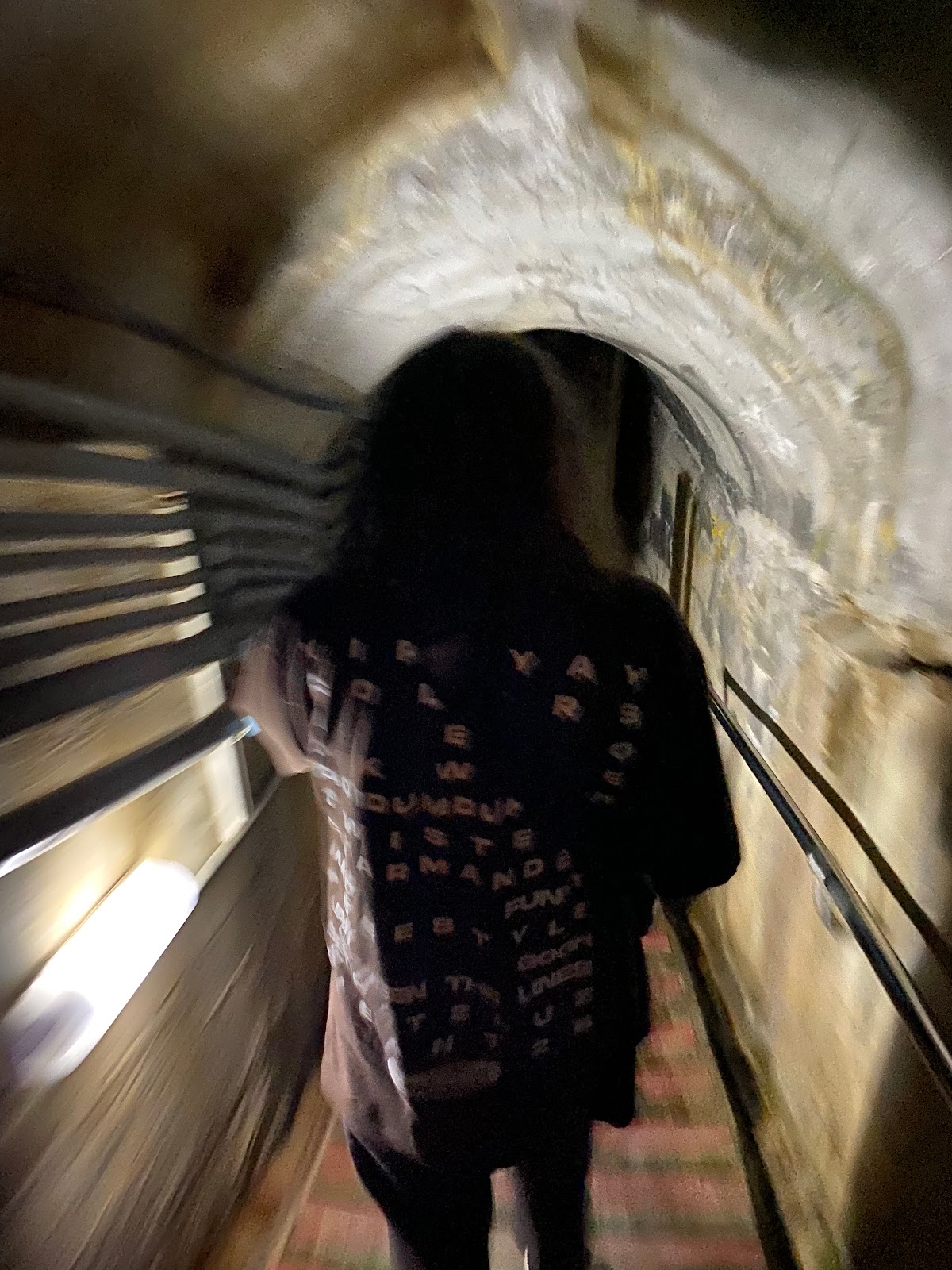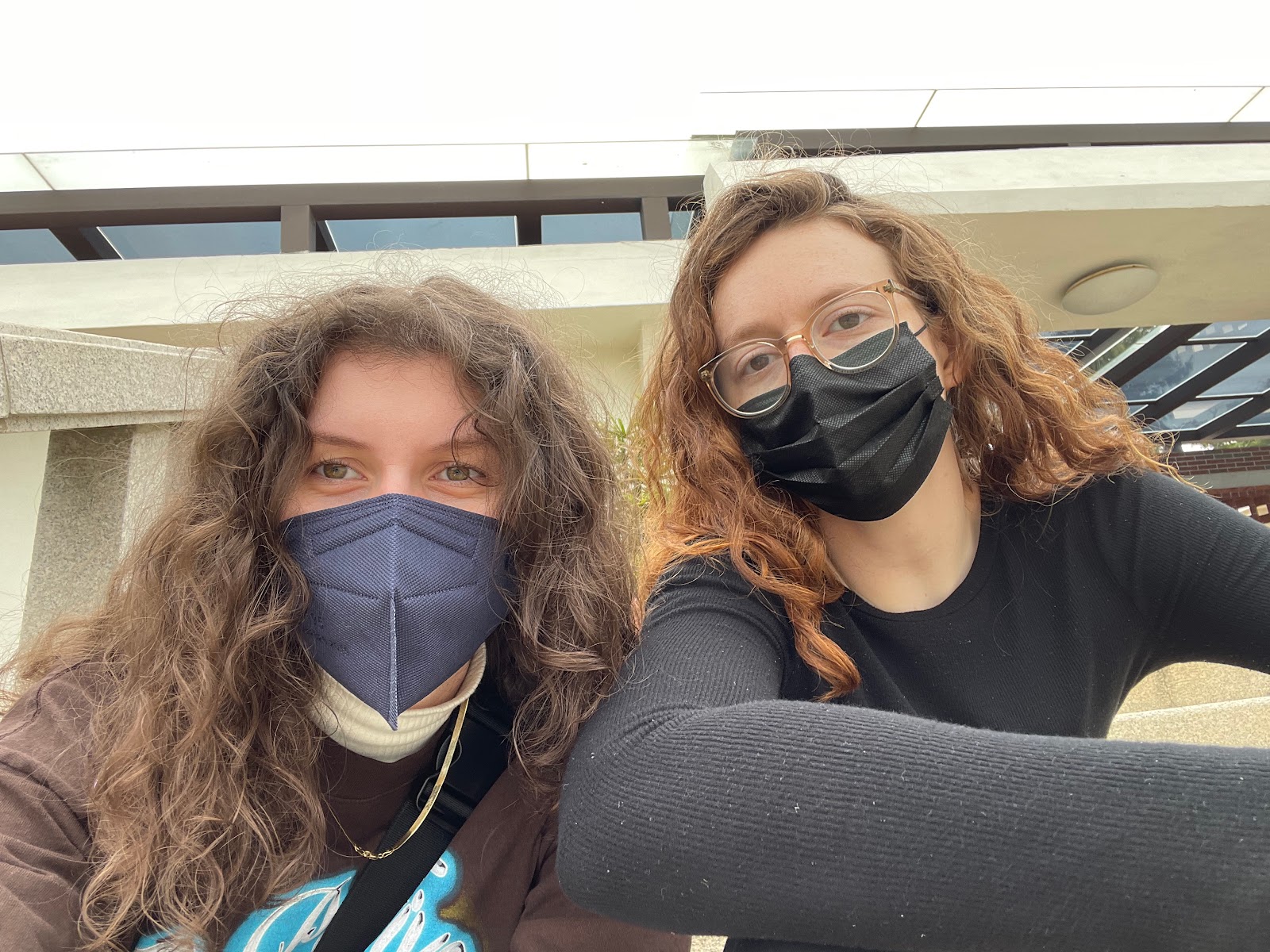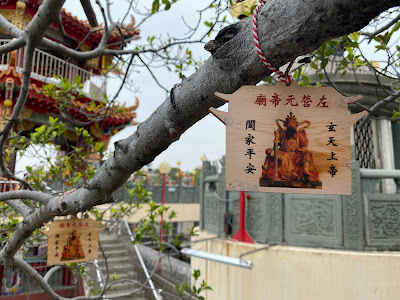I've gradually become aware of the depth of cultural difference between Taiwanese and American living arrangements and how it affects interpersonal relationships. The most standard living arrangement here in Taiwan, like most of Asia, is all three generations under one roof, 三代同堂. It is extremely rare that a Taiwanese person my age, whether in grad school or working, would not be living with their parents. In fact, if an NTU student's family lives within a certain radius of the university campus, they are not provided a spot within on-campus housing, as it is assumed they will live at home.
Dormitories in Asia are radically different than the dorms in which I lived suite-style with all genders at Yale. First of all, most rooms have four people--two if you are lucky. Secondly, Asian dormitories, in line with the culture, are rather paternalistic. They are a stand-in for the Confucian order normally maintained by the family, when students are away at school.

Many have curfews at which point the doors will lock, and students have no choice but to spend all night out or to beg leniency from the nightshift guard. Some dormitories in China will turn off the electricity and Wifi at a certain hour, ostentatiously for the well-being of students who otherwise would study all night and not prioritize sleep. The undergraduate dormitories on the NTU campus are separated by gender and do not allow opposite-gender visitors. My dormitory here, which is specifically for international graduate students, separates women and men by floor. All guests must sign in and leave by 10 pm. Walking around campus in the evening, you will notice couples in the shadows near the entrances to the various dorms intimately saying goodnight. This is a phenomenon seen around Asia, such that certain campuses in China have unofficially designated make-out parks.
Taipei is a highly populated city with an extremely expensive housing market renowned throughout the island. As a result, houses are nothing like those in which we live in the Midwest in the United States. Old apartment buildings shared among many families is the norm. Most have balconies, which sound luxurious but are designed for drying laundry, so Taiwanese people will never spend leisure time on their balconies. The extremely humid weather may also be to blame--similarly tragic, there is not a big alfresco dining scene in Taipei. In Taiwanese apartments, kitchens are quite small, and ovens are never seen. In contrast to Western baking, Asian breads are usually cooked via steamer. Taiwanese people infrequently cook at home, as eating from street vendors is much cheaper and a fundamental part of the culture. There is no central air nor heating, instead there are air-conditioning units mounted on the wall near the ceiling. Upon entering someone's home the first thing you'd see would be a small shoe cabinet for you to deposit yours and put on slippers to wear around inside.

I have been eager to go over Taiwanese friends' houses, whether to cook or to enjoy relaxing in a non-dormitory setting. However, since Taiwanese youth live in such small spaces with their parents and their (typically paternal) grandparents, the home is a more private place governed by family. In Confucianism, the family is governed by the father, and should not be interfered with by others. This is why the Domestic Violence Prevention Act was such a modernizing piece of legislature when it passed in Taiwan in 1998, making it the first of its kind in all of Asia.
There is no concept of dinner parties here. My Taiwanese friends would rather play mahjong on the floor of my shared dorm room than host themselves. It would be like inviting your friends to come over and hang out in your parents' bedroom.
Paired with a relatively conservative sexual culture, this has created a market for love hotels across Asia. If Taiwanese people cannot host their sexual partners at their home, then a hotel that can be rented for three-hour periods is perfect. I have a Taiwanese friend who has been dating her partner for months, and still neither one has seen the other's apartment.
This all felt so foreign to me coming from American dating culture, but deciphering a fundamentally new worldview is why living abroad is so dizzying, sometimes in a fun way and sometime in a I-need-to-vomit way.
These hotels also double as fun party spaces--I recently attended a couple of friends' birthday parties hosted in love hotels. There is mood lighting, jacuzzis, fancy couches, disco balls, multiple TVs, and a big round bed in the center of one of the rooms. Each hotel room has a private garage so you could enter the complex without ever having to step outside your car and risk being seen by others
 |
| Riding the love hotel elevator |



























































